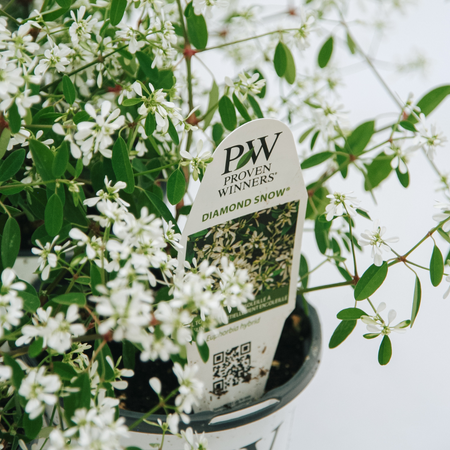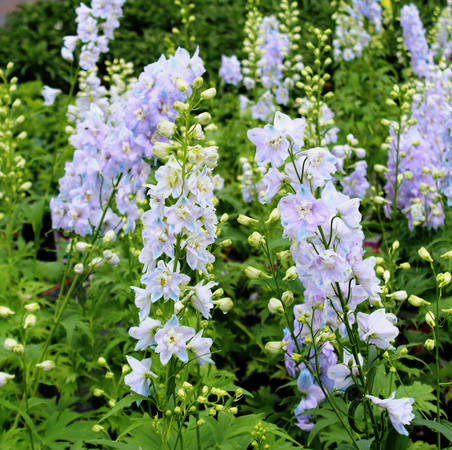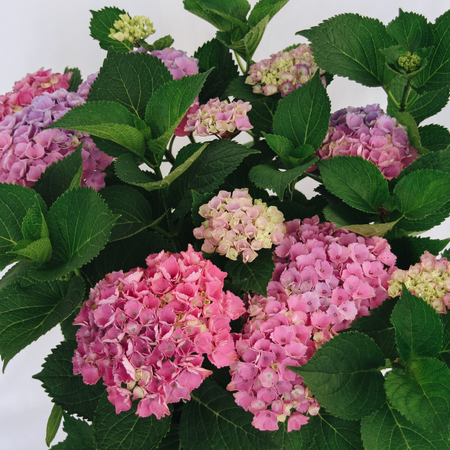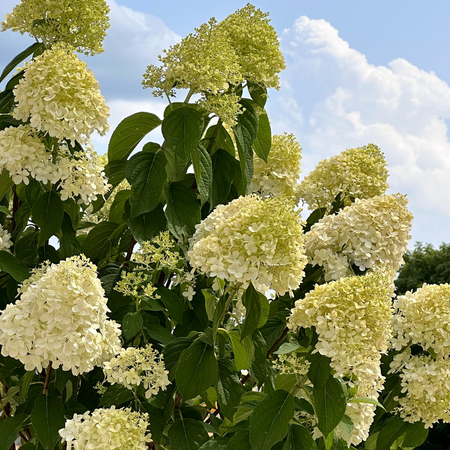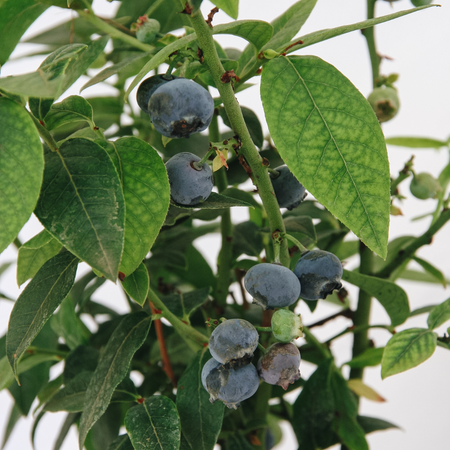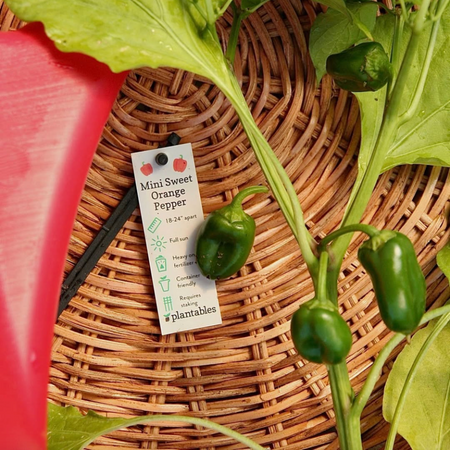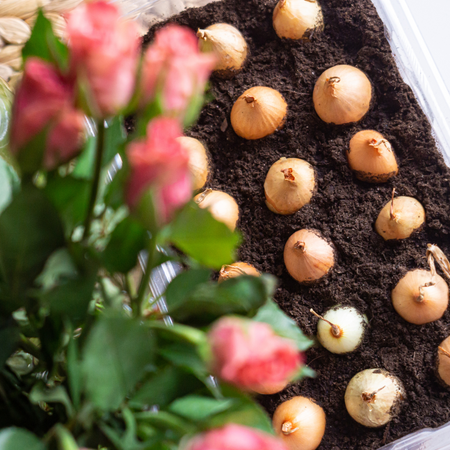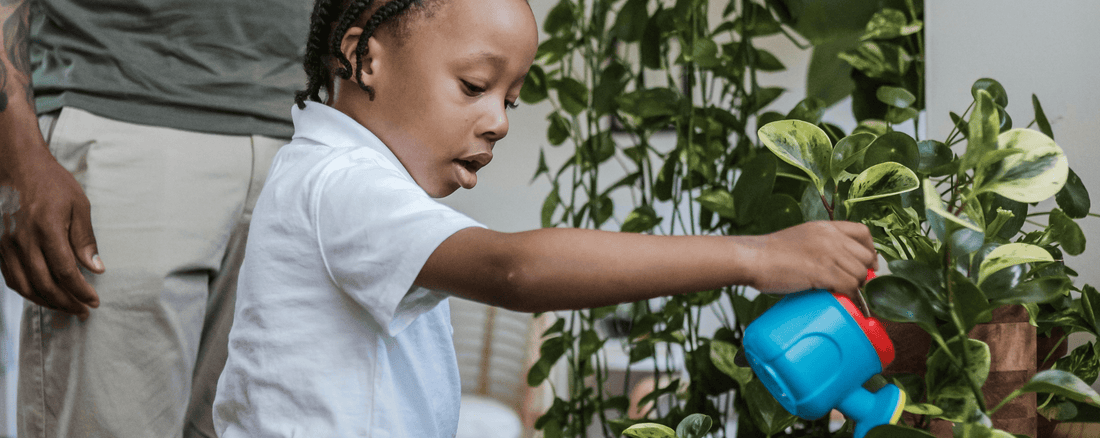Gardening is not only a fun and educational activity for kids, but it also provides an opportunity to bond as family while cultivating a love for nature. Teaching children how to grow their own plants can install values and lessons on responsibility, patience, and a sense of accomplishment from a young age. The only question is - how can you get your kids involved in the garden?

Start Small and Simple
For younger children, starting with small, sensory filled, and manageable projects can make gardening feel less overwhelming for you and more engaging for them. Introduce your kids to container gardening by allowing them to add soil and seeds into small pots and watching the plants grow. Easy starter plants can include herbs, sunflowers, or small vegetables like cherry tomatoes.

Provide Kid-Friendly Tools
Having the right tools can make all the difference in creating a positive gardening experience. If your kids are not able to actively participate in the main parts of gardening, it may be easy for them to get discouraged or bored. Invest in child-sized gardening tools that you know are safe and easy to use, so they can be part of the fun!
Items you can buy may include small trowels and spades, watering cans with easy grip handles, gloves, and buckets for carrying soil and weeds. For a more creative and unique gardening experience, let them decorate their tools or pots to add a personal touch.

Make It Hands-On
Kids love to get their hands dirty - so allow them to dig, plant, and water! The tactile experience of handling soil, seeds, and plants is both educational and fun. Involve your kids in digging holes before you place seeds or transplants, mixing compost or soil, and watering plants with a watering can or spray bottle for younger children.

Make It Educational
Gardening is a great way to teach kids about science, nature, and the importance of the earth and plant life. Involving them in gardening can also be an opportunity to educate them on how plants grow, what they need to thrive, and their role in the ecosystem. Some fun learning concepts can include photosynthesis, pollination, and composting.

Cooking Together
The ultimate reward for gardening is enjoying the fruits (or vegetables) of your labour. Let your kids take part in harvesting and preparing meals using what they’ve grown. Some simple recipes that use popular garden plants may include salads, herb butter, and smoothies.

Encourage Creativity & Play
Allow kids to express their creativity and turn tasks into playful challenges to make the experience more enjoyable and meaningful.
Some creative ideas to incorporate in your garden can include painting terracotta pots, making stepping stones or wind chimes, and drawing fun plant markers. For even more creativity, let your kids choose a theme for a themed garden. To create a fairy garden, draw fairy figures and glue to wooden sticks, then place in the soil as you would a plant marker to create the fun illusion of fairies amongst the plants. To add a touch more to the project, wrap fairy/twinkle lights around pots. To create a pizza garden, plant basil, oregano, and tomatoes and harvest every time you make a homemade pizza to create a fun routine of growing your own food and teaching your kids the value of organic health benefits and sustainability.
Some challenges and games you can incorporate into gardening can include counting the number of seeds in each row or creating a scavenger hunt to look for items around the garden such as worms, specific flowers, tools, etc.

Don’t Forget To Have Fun and Celebrate
Don’t forget to have fun with these gardening projects and your kids will too! Celebrate milestones like the first bloom or a fully grown vegetable, take photos of the plants and make a scrapbook or let them pick flowers to display in a vase at home. Praise your child’s efforts to build their confidence and keep them motivated with a positive experience in the garden.
As gardening involves trial and error, use the opportunity to teach your children that mistakes are part of the learning process. Celebrate effort over perfection and small wins such as taking weekly photos to compare how each plants grow and get taller with care. Be patient, teach mindfulness, and celebrate every accomplishment.
